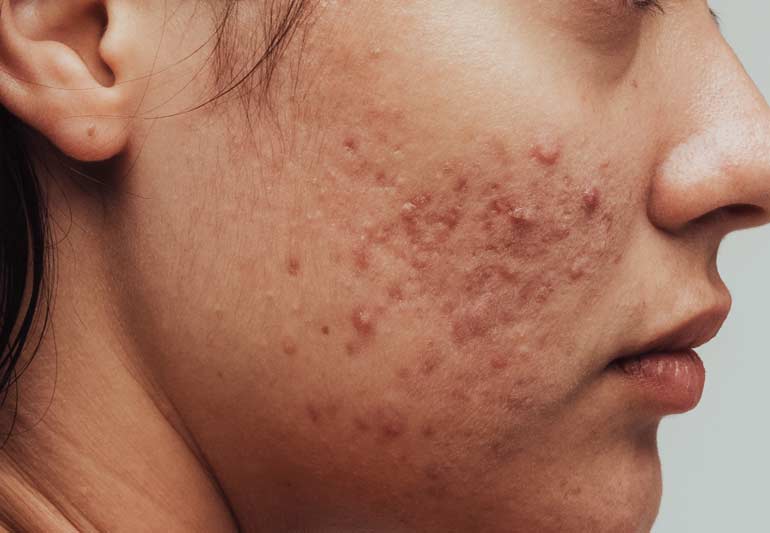Obsessive-compulsive disorder (OCD) is a mental health condition that affects millions of people worldwide. It is characterized by intrusive thoughts (obsessions) that lead to repetitive behaviors (compulsions) aimed at reducing anxiety. OCD can be a debilitating condition that interferes with daily life, work, and relationships. Fortunately, there are effective treatments available to manage OCD symptoms and improve quality of life. If you or someone you know is struggling with OCD, consider exploring “Obsessive-Compulsive Disorder Treatments” to find options tailored to individual needs and preferences.
One such treatment is cognitive-behavioral therapy (CBT), which is a type of talk therapy that helps individuals with OCD learn to manage their thoughts and behaviors. CBT involves exposure and response prevention (ERP), which is a gradual process of facing one’s fears and learning to resist compulsive behaviors. Another treatment option is medication, such as selective serotonin reuptake inhibitors (SSRIs), which can help reduce anxiety and OCD symptoms. In some cases, a combination of CBT and medication may be most effective.
Obsessive-Compulsive Disorder Treatments
Obsessive-Compulsive Disorder (OCD) is a mental health condition that affects millions of people worldwide. OCD causes individuals to have obsessive thoughts and compulsive behaviors that can interfere with their daily lives. Fortunately, there are several effective treatments available for OCD.
Cognitive-Behavioral Therapy
Cognitive-Behavioral Therapy (CBT) is a type of psychotherapy that has been shown to be effective in treating OCD. CBT involves identifying and changing negative thought patterns and behaviors that contribute to OCD symptoms. In CBT, individuals learn coping strategies to manage their obsessions and compulsions.
Pharmacotherapy
Pharmacotherapy involves the use of medications to treat OCD. Selective serotonin reuptake inhibitors (SSRIs) are the most commonly used medications for OCD. SSRIs work by increasing the levels of serotonin in the brain, which can help reduce OCD symptoms. Other medications used for OCD include tricyclic antidepressants and antipsychotics.
Deep Brain Stimulation
Deep Brain Stimulation (DBS) is a surgical treatment option for severe cases of OCD that do not respond to other treatments. DBS involves implanting electrodes in specific areas of the brain that are involved in OCD symptoms. The electrodes are connected to a device that delivers electrical stimulation to the brain, which can help reduce OCD symptoms.
Overall, there are several effective treatments available for OCD. CBT, pharmacotherapy, and DBS are all viable options for individuals struggling with OCD. It is important for individuals with OCD to work closely with their healthcare provider to determine the best treatment plan for their specific needs.
Seasonal Affective Disorder Services in Ottawa
Individuals living in Ottawa who suffer from Seasonal Affective Disorder Ottawa can access a range of treatment options to help manage their symptoms. SAD is a type of depression that typically occurs during the winter months when there is less sunlight. Symptoms include low mood, fatigue, and changes in appetite and sleep patterns.
Light Therapy Providers
One of the most effective treatments for SAD is light therapy. This involves sitting in front of a special light box for a period of time each day. The light box emits bright light that mimics natural sunlight, which can help regulate the body’s circadian rhythms and improve mood.
Several providers in Ottawa offer light therapy services, including:
- Ottawa Integrative Health Centre
- The Ottawa Hospital
- The Royal Ottawa Mental Health Centre
Counseling and Support Groups
Counseling and support groups can also be helpful for individuals with SAD. Talking to a mental health professional can help individuals develop coping strategies and manage their symptoms. Support groups can provide a sense of community and help individuals feel less isolated.
The following organizations offer counseling and support group services in Ottawa:
- The Ottawa Hospital
- The Royal Ottawa Mental Health Centre
- Family Services Ottawa
Medical Treatment Options
In some cases, medication may be necessary to manage SAD symptoms. Antidepressants are commonly prescribed to individuals with SAD, and can be effective in reducing symptoms such as low mood and fatigue.
Individuals seeking medical treatment for SAD can consult with their family doctor or a mental health professional. The following organizations also offer medical treatment options:
- The Ottawa Hospital
- The Royal Ottawa Mental Health Centre
- Ottawa Institute of Cognitive Behavioural Therapy
Overall, individuals with SAD in Ottawa have access to a range of treatment options to help manage their symptoms. It is important for individuals to consult with a mental health professional to determine the best course of treatment for their specific needs.





